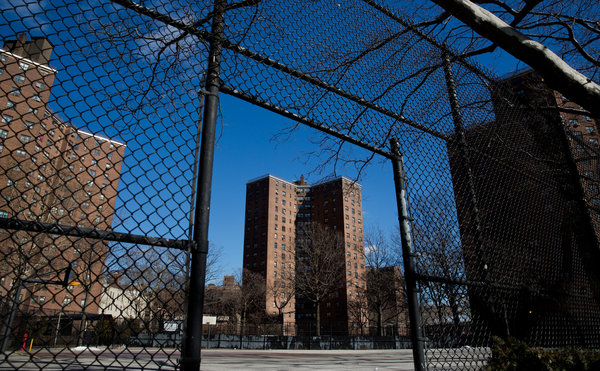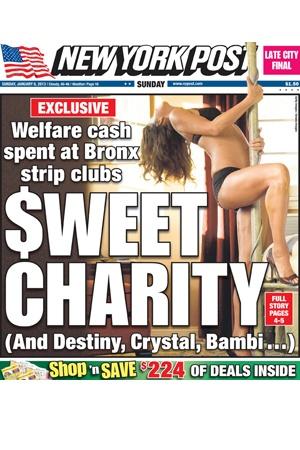With the passing of Steve Jobs, his Commencement Address at Stanford is making the rounds. The message of his words is powerful, the speech itself, actually, is massively forgettable. But his Opus, his yawlp, is most impressive.
Stay hungry. Stay foolish.
I resonate. I’m nearly 43, well into a decent career at a massive corporation doing better than I have a right to ask. But I’m hungry. And I do foolish shit all day long. All the time. In fact, I yearn for the foolish, I embrace the foolish.
I get foolish.
So I understand that fire in the belly of the college kid who watches on TV as other college kids go do stuff. Get noticed and make a name if not a statement. But holy moly, there is a massive learning curve here:
Chapel Hill, N.C. — Hundreds of North Carolina college students walked out of class Wednesday afternoon as the weeks-long protest against Wall Street spread to universities nationwide.
I get it. I do. To get noticed you have to do things that are noticeable. And if you really think that there are people being victimized, I urge you to get noticed:
Apart from the message of Occupy Wall Street, which is people over profit, is that UNC students, regardless of political or socio-economic background, have issues on this campus,” student Denise Mitchell said. “Students just don’t feel like they’re being heard by the university.
Huh? Wait, this isn’t some attempt to improve student/faculty relations at some flippin’ university is it?
Mitchell cited a recent study that found UNC housekeepers feel they are treated unfairly…
What the what? Wait, Occupy Wall Street is a movement that wants to draw attention to the fact that the very wealthy are, in fact wealthy, because of the shenanigans on of massive banks. So, using that as cover you walk out of class to voice student concerns that housekeepers don’t think life is fair?
…and an investigation into the Department of African and Afro-American Studies following allegations of plagiarism by a former football player.
Right. ‘Cause the fact that a football player plagiarized his work is shocking only because what, 85% of the student body is guilty as well? Is it because he’s black? Hell, IS he even black?
More proof that our education system is failing us follows:
Students used Facebook and other social media outlets to spread word of the noon protests. They say they represent 99 percent of Americans – people struggling to get by while the wealthiest one percent makes financial decisions.
“People will become aware and will know that we are the 99 percent, and our voices will not be ignored,” N.C. State student Katina Gad said.
Do they understand what 99% means? Do they understand what struggling to get by means? As an exercise, if they are so poor and so struggling, how are they organizing using Facebook?
The stupid continues:
“If you look at any group of people (who) are being discriminated against, I think youth and students are a big part of that. We’ve taken on massive amounts of student loans to go into what jobs?” said Ryan Thompson, who helped organize the small protest on N.C. State’s Brickyard.
“How are we going to pay $50,000 in debt when there are no jobs out there?” UNC student Ana Maria Reichenbach said.
Stunning.
If you look at any group of people who are being discriminated against…..
Don’t do it man, do NOT say that YOU are being discriminated against.
I think youth and students are a big part of that.
You did it. But that aside, what does that even MEAN? Youth and students are a big part of WHAT? What in the HELL are you talking about?
How are we going to pay $50,000 in debt when there are no jobs out there?
So, now that you’ve decided to drop a cool 50 large on a European Classical Renaissance Philosophy / German Sociology degree and are shocked to learn that no one gives a fuck, you think I’M on the hook for your stupid student loans?
Check this out. Being 50k down should disqualify you for almost any reasonable job out there where a corporation is going to trust you with their money. If you can’t manage YOUR money, how do you expect any one to let you manage theirs?
Area college students are planning a citywide protest in Raleigh’s Moore Square at 5 p.m. Sunday, and many of the students said they plan to travel to New York in the next few weeks to show their support in person to the hundreds of protesters on Wall Street.
Again. I resonate. But if you are going to flush a $50,000 education down the toilet so that you can get arrested in New York, at least do it with a plan. Be organized. Be coherent. Have points that are well thought out, organized and documented. Be crisp and concise. Make sure that one point is related to the next. It should flow and people should go:
Yeah! I never thought of it that way before.
But, then again, if you knew that, I suspect you wouldn’t be making the trip to NY in the first place,
 We will find ways to meet the supply:
We will find ways to meet the supply:







